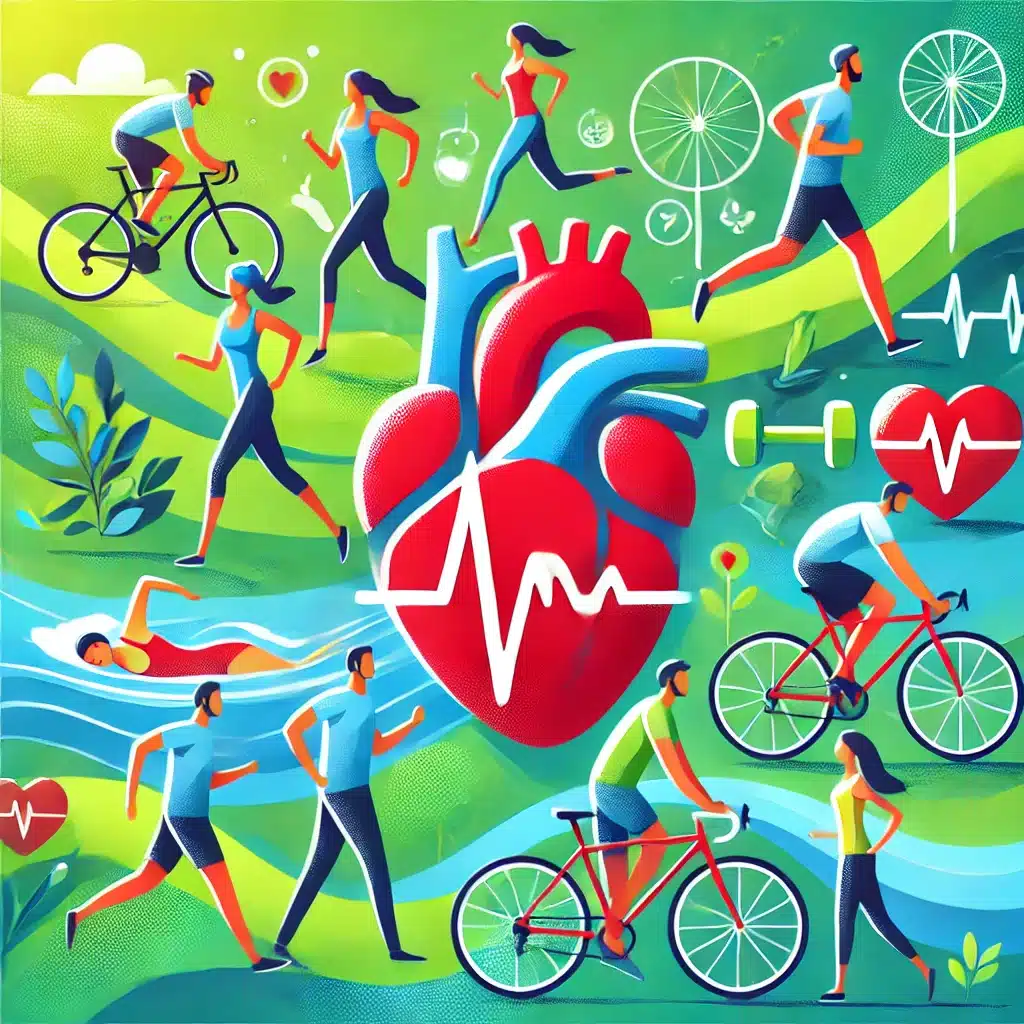Maybe it was from an injury while playing sports during college, or perhaps it’s something that started at the beginning of your career. Whatever may be the reason for your ongoing pain, there’s no question that it’s affecting your quality of life.
Below, we’ve outlined five simple but effective strategies for easing your pain – starting now.
Avoid Pain Killers and Opioids
Although they may seem like a great idea in a moment of pain, pain killers and opioids can actually make chronic pain even worse. Unless your pain is so severe that it affects your ability to sleep, stay away from using them. Instead, try natural pain management strategies like meditation, breath control, and yoga.
Know Your Hormones
Pain is a stressor that creates a hormonal response to release cortisol, increase fat storage, and break down muscle.
To help the body relax and promote muscle building, you need to increase testosterone and growth hormone. Completing diaphragmatic breathing is one of the best ways to calm the nervous system and facilitate the correct hormonal responses to pain.
Uncover the Reason for Your Pain
Where you feel your pain is not typically the reason for your pain. Usually, the painful area is compensating for a dysfunction somewhere else in your body. If you continue focusing only on the painful area, the pain will likely return.
Better than medicating and treating your symptoms, identify the root cause of your pain. Doing so is the key to achieving long-term relief.
Alter the Input
Your brain uses information (input) from your sensory nervous system to create a plan (output) for your body to execute. Sometimes when your brain receives a reoccurring signal – such as a painful body movement – it will create a new plan that makes unhealthy compensation patterns.
The best chronic pain management method involves considering your body as a whole. Evaluate all body parts that may be causing your pain so that you can treat the proper area.
Train the Muscles to Lengthen
Completing training and rehab that only promotes shorted muscle can cause muscle compensation and new injuries.
Instead, teach your muscles to lengthen during the force absorption phase of fitness, also known as deceleration. Longer muscles can absorb force better and keep you out of pain.
Interested in learning more non-pharmacological pain management strategies? Our physical therapy and sports recovery center can help you rehab from an injury and get back to living the life you enjoy. Contact us today for more information about our comprehensive services.







